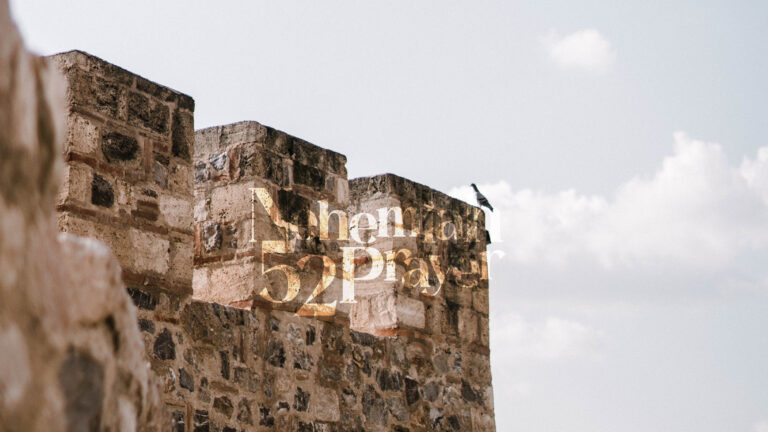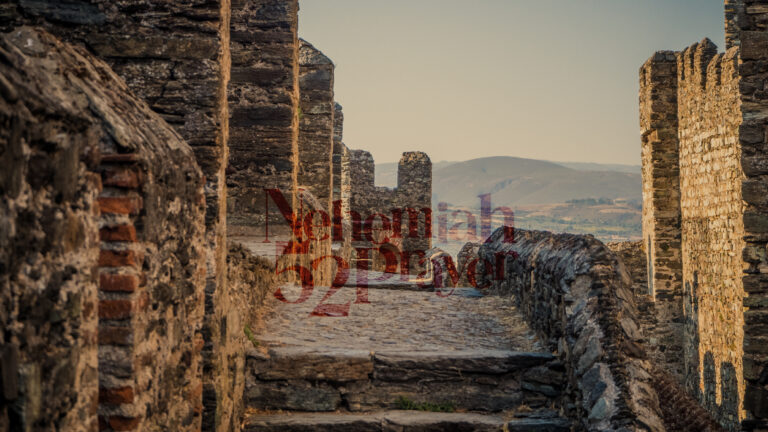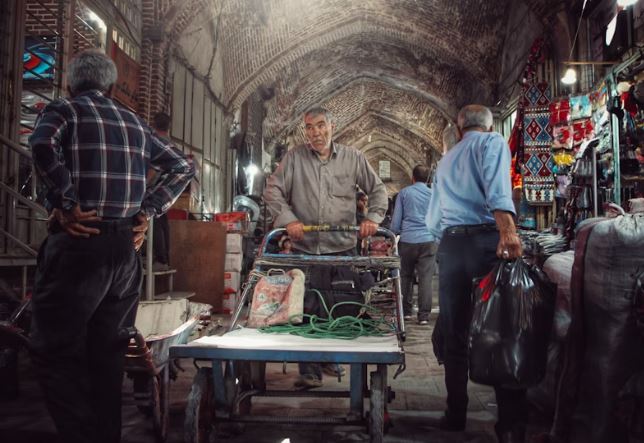“Bhutan’s citizenship is in heaven. And we eagerly await a Savior”
But our citizenship is in heaven. And we eagerly await a Savior from there, the Lord Jesus Christ(Philippians 3:20)

》 Country Profile
Continent |Southern Asia
Population |867,000
Area |38,394㎢ located in the eastern part of the Himalayas in Southern Asia.
Capital City|Thimphu (203,000)
People Groups | Total 75 Groups, Bhutanese 50% (including Changkla, Dzongkha, Lepcha, Khen, and Gurung), Nepalese 35%, Southern Himalayan 15%
Unreached People Groups | 72 (99.6% of the population)
Official Language(s) | Dzongkha, Nepali
Total Languages | 41
Bible Translations | Completed 12, New Testament 7, Partial 2
Religion | Christianity 2.1% (Protestant 0.7%), Buddhism 74.5%, Hinduism 22.4%, Islam 0.5%, Evangelical 1.8% (13,000 people)
》 About Bhutan
Bhutan faced internal divisions starting in the 16th century and endured several invasions from neighboring countries. Throughout the 18th and 19th centuries, Bhutan engaged in intense conflicts to protect its sovereignty. It remained under British protection until 1949, when it signed a treaty with India, granting India control over its foreign affairs while Bhutan gained independence. In 2007, Bhutan renegotiated the treaty with India, removing the clause that allowed India to guide its foreign policy.
In 2005, King Jigme Singye Wangchuck initiated democratic reforms and held Bhutan’s first national referendum to approve a new constitution. In 2006, he abdicated the throne to his son, Jigme Khesar Namgyel Wangchuck, who became the 5th king. Bhutan held its first parliamentary elections in 2008, and the current Prime Minister is Lotay Tshering.
Bhutan’s economy is largely dependent on hydropower, agriculture, and forestry. Hydropower exports make up 40% of the country’s total exports and contribute 25% of government revenue. The tourism sector is growing rapidly. However, the country’s mountainous terrain makes infrastructure development challenging and costly, leading to limited industrial production. Road construction in Bhutan relies heavily on Indian migrant workers. Most of Bhutan’s trade is conducted with India, and Bhutan also receives financial assistance from India, maintaining close economic ties.
Bhutan’s GDP per capita is approximately $3,491.
》 Scripture Focus
| Philipians 3:17-21(NIV) 17 Join together in following my example, brothers and sisters, and just as you have us as a model, keep your eyes on those who live as we do. 18 For, as I have often told you before and now tell you again even with tears, many live as enemies of the cross of Christ. 19 Their destiny is destruction, their god is their stomach, and their glory is in their shame. Their mind is set on earthly things. 20 But our citizenship is in heaven. And we eagerly await a Savior from there, the Lord Jesus Christ, 21 who, by the power that enables him to bring everything under his control, will transform our lowly bodies so that they will be like his glorious body. |
》 Prayer Points
1. Bhutan is one of the least evangelized countries in the world, with only about 13,000 evangelical Christians. The country is strongly influenced by Buddhism and has strict government policies of isolation. There is no true religious freedom in Bhutan. Bhutanese who convert to Christianity lose their citizenship and are denied access to free education, healthcare, jobs, and even basic utilities like electricity and water. Church buildings are mostly banned, so Christians gather in homes, where they face harassment and violence.
Let us pray for God to open the closed doors of Bhutan so that the gospel of the cross can be powerfully witnessed. Let us pray for the small number of Christians to preach without fear of persecution, and for Bhutan to await Jesus Christ as a nation with a heavenly citizenship.
2. Bhutan has tightened restrictions on foreigners working in “non-governmental organizations(NGOs)”. Seeing conversion and Western-style democracy as dangers with the potential to “destabilize” the society, Christians are persecuted. Missionaries are not allowed to officially enter the country, and missionary organizations must approach the country with programs related to health, agriculture, and education. However, the Indian church is reaching out to Bhutanese in the border region with evangelism and documentation, which is bearing fruit for salvation.
Let us pray that Bhutan, an enemy of the cross of Christ, will repent and turn to the God who subjects all things to Himself. Let us pray to God to send missionaries to share the gospel like Paul, and for the churches of the nations to continue to pray for Bhutan.
3. The Nepali people, who account for about 35% of Bhutan’s population, have faced intense persecution and forced expulsion since the 1990s, resembling ethnic cleansing. During this expulsion, violence and land seizures occurred, resulting in 150,000 Nepali Bhutanese being forced into impoverished refugee camps in southern Nepal, set up by the UN. Despite these hardships, many people found faith, leading to the establishment of numerous informal Christian gatherings and a growing number of believers.
The Bible has been fully translated into Dzongkha, Bhutan’s official language, and efforts continue to translate it into other minority languages. Gospel for Asia (GFA) is running Bible schools in the capital city, Thimphu, and broadcasting Christian radio programs in Dzongkha. Additionally, the Global Recordings Network (GRN) is creating and distributing audio materials in various tribal languages, sharing the message of the Bible and other Christian teachings.
Let us pray that through these channels, which spread the message of Christ’s death and resurrection, Bhutan will turn away from its destructive path, where many worship their own desires and take pride in what is shameful, and instead find salvation.
》 Urgent prayer requests around the world need your prayer!





